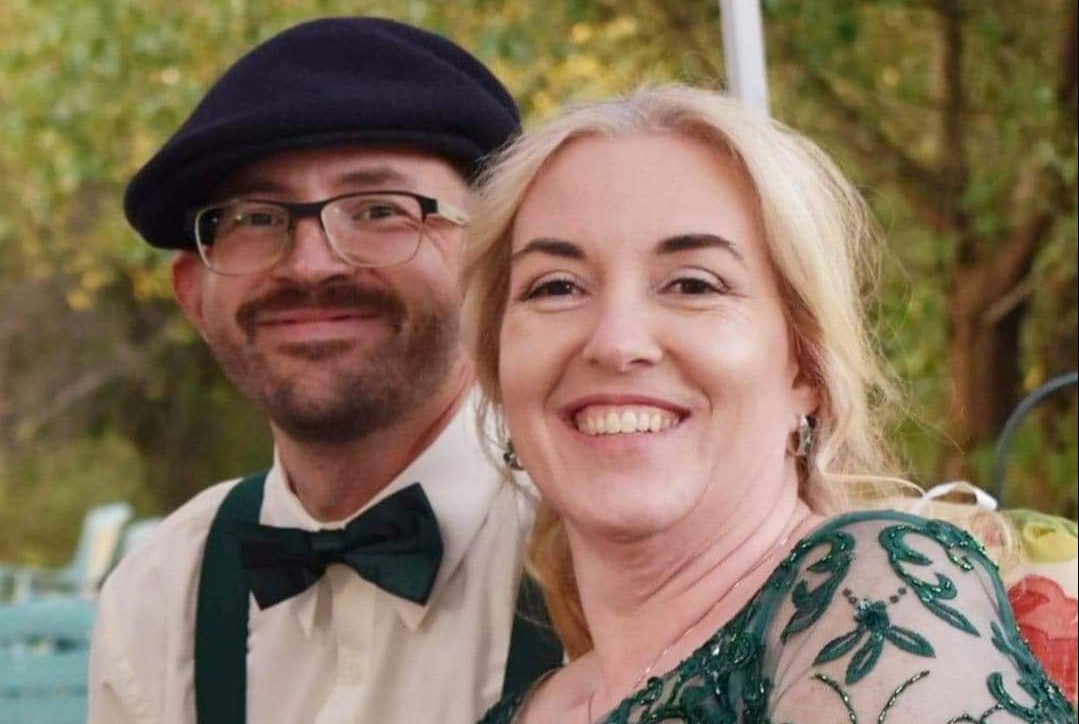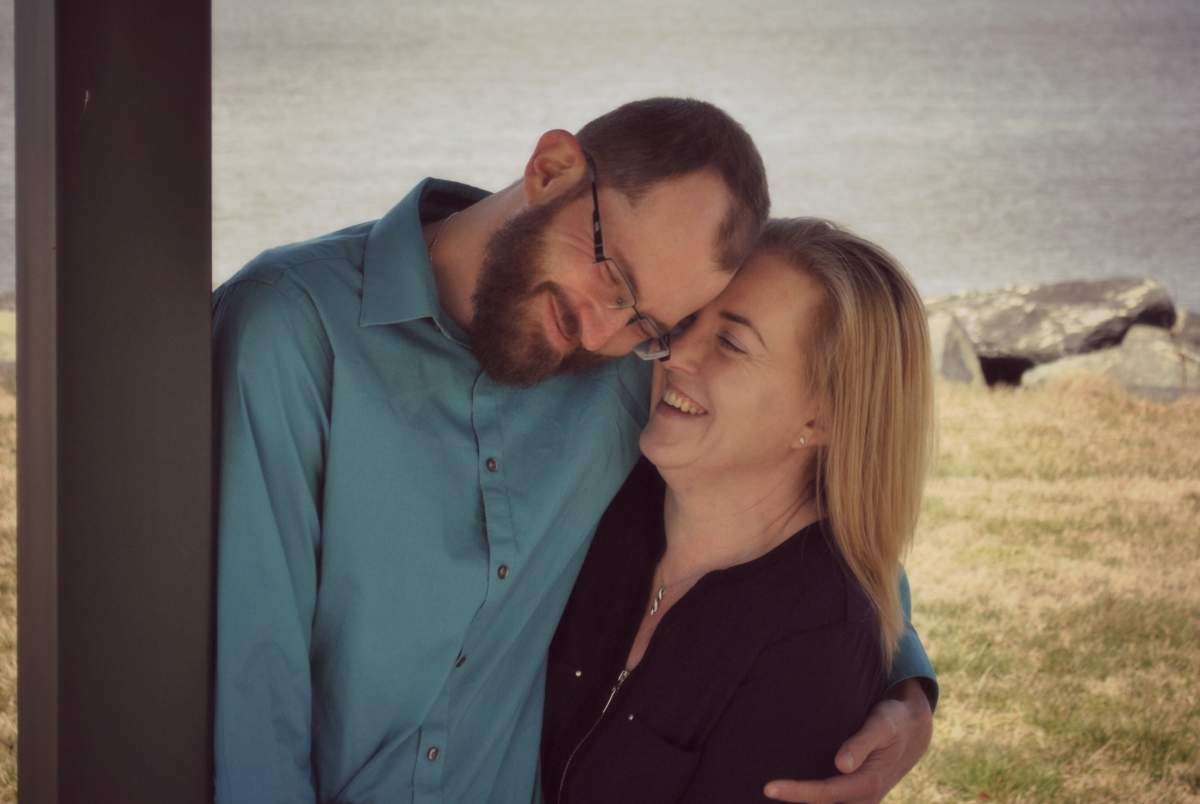Even though he’s thousands of kilometres away from Saskatoon, Carrie Harshberger wakes up to her husband Joe every day.

He calls her on his way to work in Delaware, a long-distance substitute for early morning small talk over a cup of coffee.
The couple haven’t seen each other since New Year’s day. With borders shut tight because of the coronavirus pandemic, it’s unlikely that’ll change anytime soon.
Harshberger said she’d been planning a springtime trip to Delaware when global travel restrictions were announced.
“It was horrible,” she said, noting they normally see each other three times a year. “We thought it would only be a couple of months.”
But now it’s been six.
Like many long-distance couples, she said the pandemic has made an already challenging situation more difficult.
“(It’s hard) trying to maintain a proper relationship, basically just trying to make it work and be normal,” Harshberger said.
Her application to immigrate to the U.S. is moving along slowly, she said, adding it’s tough to provide evidence that her marriage is legitimate when she can’t take photos with her partner.

Get breaking National news
With their one-year marriage anniversary coming up this fall, Harshberger said the uncertainty of whether they’ll be able to spend it together has been difficult.
A Saskatoon counsellor said uncertainty creates fear.
“Uncertainty can be really, really hard for people,” said Marcie Dupuis, a counsellor at Penney Murphy and Associates.
“(Have) patience with yourself (and) patience with your partner because both of you might be exhibiting behaviours that are not normal for you because we’re in a not normal situation.”
People may be more anxious, jealous, and quick to anger or judgement because of the distance, Dupuis said.
The keys to powering through the pandemic are communication and boundaries, she said.
Having a conversation about expectations, like how often you’ll talk on the phone, can prevent a lot of headaches.
“If you don’t have that communication to have those conversations about expectations, then it will cause a lot of arguments,” Dupuis said.
“Everyone is in a whole different … headspace than normal, so it’s navigating a new system together.”
Harshberger said she and her husband talk multiple times a day, and go shopping or watch movies “together.”
It works for now, but she can’t wait until long distance and the pandemic are in her rearview mirror.
“It will be nice for it to all be over and then sigh,” she said. “It’s just going to be such a relief and it’s going to be such a cool story to tell.”








Comments
Want to discuss? Please read our Commenting Policy first.